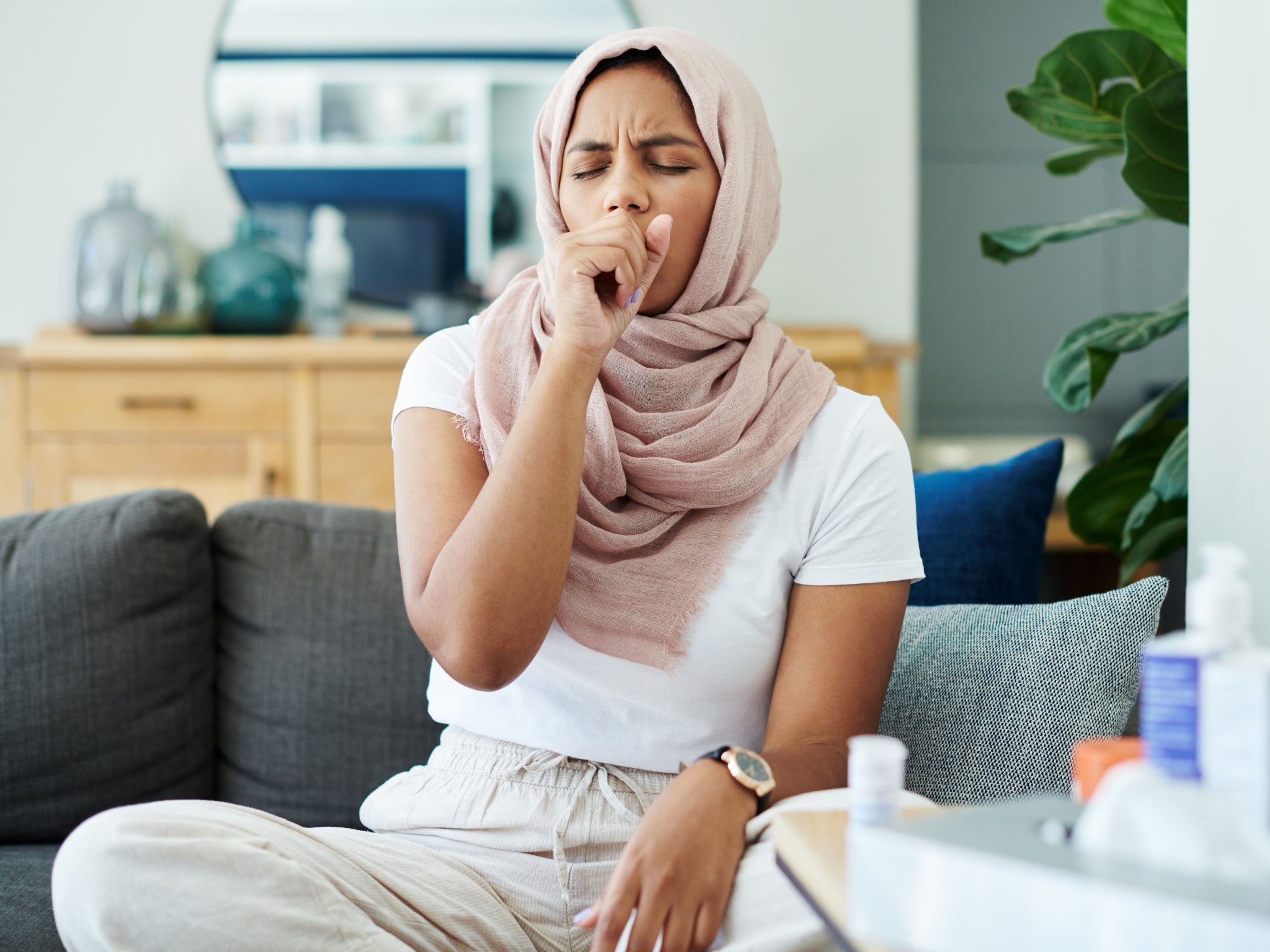Why are so many people getting Covid right now?
With restrictions eased, Covid cases are on the rise once again

At first it was a trickle, perhaps your co-worker’s partner had been struck by Covid or maybe it was your mum. But then came the influx: nearly all of your friends have the virus or have symptoms, your parents are self-isolating and your kid’s school has a spike in cases.
Covid feels like it’s everywhere right now, which is not too surprising as most restrictions have been lifted, yet the highly contagious Omicron strain remains prevalent.
On Monday 21 March, there were 226,524 confirmed cases in England — this figure includes Saturday and Sunday’s numbers as these days are no longer reported separately.
This rise in case numbers has been linked to the BA.2 sub-variant of Omicron, and an extra booster jab is now being offered to vulnerable people starting this week.
However, with lateral flow tests no longer available to order for free from the government from 1 April, we may no longer be able to have realistic case numbers from next month.
“With a complete barrier-down policy on all Covid restrictions, it is only to be expected that cases are on the rise again,” Hussain Abdeh, superintendent pharmacist at Medicine Direct tells The Independent.
“All restrictions have been lifted on Covid and the isolation period has been shortened. With these changes to Covid safety precautions, a rise in cases is inevitable.
“People can mingle freely with each other without needing to worry about social distancing. Most people have also done away with wearing masks in crowded places, such as in shops and on public transport. This makes it far easier to transmit the virus from one person to another.”
Should we be worried about the rising number of Covid cases?
Dr Ed Patrick, an NHS anaesthetist who has been working on the Covid frontline in ICU since 2020, says that part of living with something is “being prepared to deal with it in the long-term”.
“We can’t hide from the fact that another wave or a new variant could surface, and if that happens we can’t go through the exact same cycle of the past two years,” he explains.
He adds that the “most obvious way” to break this cycle is to give the NHS better funding and resources. “We need more staffing, upgraded infrastructure, and a flexible system that can expand and contract according to demand,” Patrick continues. “Without that, we risk being caught in this loop with no end.”
Abdeh says that the current variant of Covid is milder than previous strains, which means it’s “generally easier to recover from”.
“Covid numbers rising is due to the lack of restrictions rather than the vaccination being ineffective,” he explains. “For this reason, there is no major cause for concern, and it can hardly be surprising. It is just important to make sure you are doing all you can to be sensible, especially if you are vulnerable.”
Should we self-isolate if we test positive for Covid?
While all Covid restrictions have now eased, meaning there is no legal requirement to self-isolate if you test positive for Covid, health secretary Sajid Javid said that if he tested positive for the virus then he would not go to work and urged other to take a “common sense” approach.
He told BBC Breakfast earlier this week: “If you’re not feeling well, if you’ve got the symptoms of Covid, then it’s not a good idea to mix with other people - the right idea is to try to spend some time trying to stay away from others.”
The NHS also recommends self-isolating and avoiding contact with others if you test positive for Covid or if you have any Covid symptoms such as a high temperature, a headache, a new cough or loss of smell or taste.
The NHS site says that this advice will be updated on 1 April.
What should we do if we have Covid symptoms once free tests are unavailable?
“This is a tricky situation, which hasn’t been helped by the government’s mixed messaging,” Patrick says. “The whole point of tests is to differentiate between something like a common cold, or Covid. If you can, try to get a test as that will inform you.”
After 1 April, pharmacies will be selling lateral flow tests for anywhere between £2 and £5 per test. Boots has confirmed it will sell a pack of four lateral flow tests for £17.99.
Abdeh advises: “If you have very obvious Covid symptoms, such as a continuous dry cough, you should isolate if this persists. If you have symptoms for more than a few days, you should call 111 for guidance.”
Who can get the spring booster jab?
This week it was announced that millions of people across England would be eligible for the spring booster jab, the fourth Covid vaccine to be rolled out since the first was launched in December 2020.
Those eligible for the spring booster jab include people over 75, those aged 12 and over who are immunocompromised, and care home residents.
Javid said that it’s “possible there will be an autumn booster campaign, probably for those that are 50 and over, but they haven’t yet made a final recommendation on that”.
Abdeh says those who are offered the booster should get it to help “keep on top of the ever-evolving virus”.
Find out more about how to get the spring booster jab here.
Subscribe to Independent Premium to bookmark this article
Want to bookmark your favourite articles and stories to read or reference later? Start your Independent Premium subscription today.

Join our commenting forum
Join thought-provoking conversations, follow other Independent readers and see their replies